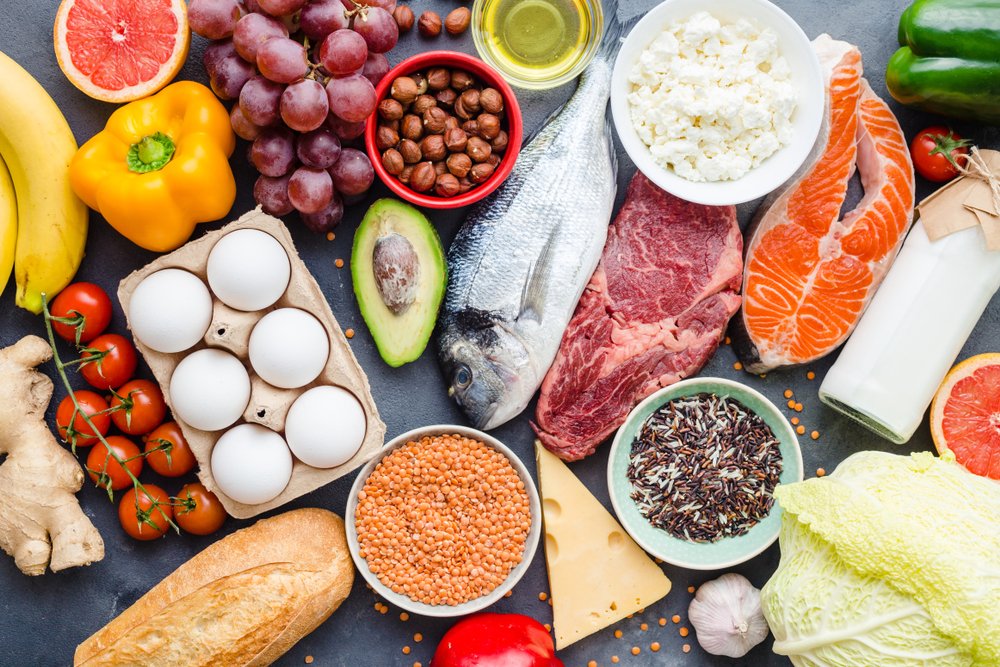When it comes to healing from a bone fracture, simply resting won’t suffice. What you eat is just as important as the rest that you get. Your body requires proper nutrition to support the healing process and restore your bone health. Therefore, it’s essential to include certain foods in your diet that can help rebuild your strength and accelerate the recovery phase. In this regard, let’s take a closer look at some of the optimal foods that you should consume during this crucial period.
Protein Powerhouse
Protein serves as the building block for tissue repair, making it essential post-fracture. Incorporate lean sources like chicken, fish, tofu, and beans into your meals to aid in muscle recovery and strengthen bones.
Calcium-Rich Foods
Calcium isn’t just for prevention; it’s equally vital during recovery. Dairy products, leafy greens, almonds, and fortified foods are excellent sources to replenish calcium levels and fortify bone density.
Vitamin C for Collagen Formation
Enhance collagen production by including vitamin C-rich foods like oranges, strawberries, bell peppers, and broccoli in your diet. Collagen is crucial for the formation of new bone tissue, speeding up the healing process.
Omega-3 Fatty Acids
Reduce inflammation and promote bone healing with omega-3 fatty acids found in fatty fish, flaxseeds, chia seeds, and walnuts. These healthy fats also support joint health, aiding in overall recovery.
Vitamin D Absorption
Ensure optimal vitamin D levels to facilitate calcium absorption and sunlight exposure for vitamin D and bone remodeling. Include sources like fatty fish, egg yolks, fortified cereals, and exposure to sunlight in your daily routine.
Hydration Is Key
Stay hydration to support the transportation of nutrients and oxygen to the site of the fracture. Aim for at least 8 glasses of water per day, and include hydrating foods like fruits, vegetables, and herbal teas.
Zinc for Tissue Repair
Zinc is an essential mineral that plays a vital role in the human body’s wound-healing and tissue repair processes. Incorporate zinc-rich foods such as lean meats, shellfish, seeds, and nuts to aid in the regeneration of bone and connective tissue.
Conclusion
Your post-fracture diet should prioritize nutrient-dense foods that support healing, reduce inflammation, and strengthen bones. By incorporating a variety of foods rich in protein, calcium, vitamins, and minerals, you can expedite your recovery and return to optimal health. Remember, nourishing your body is the first step towards a speedy and successful recovery.
We are at Orion Multispecialty Hospital Offer Fast & Reliable Medical & Health-Care Solutions to Our Patients


